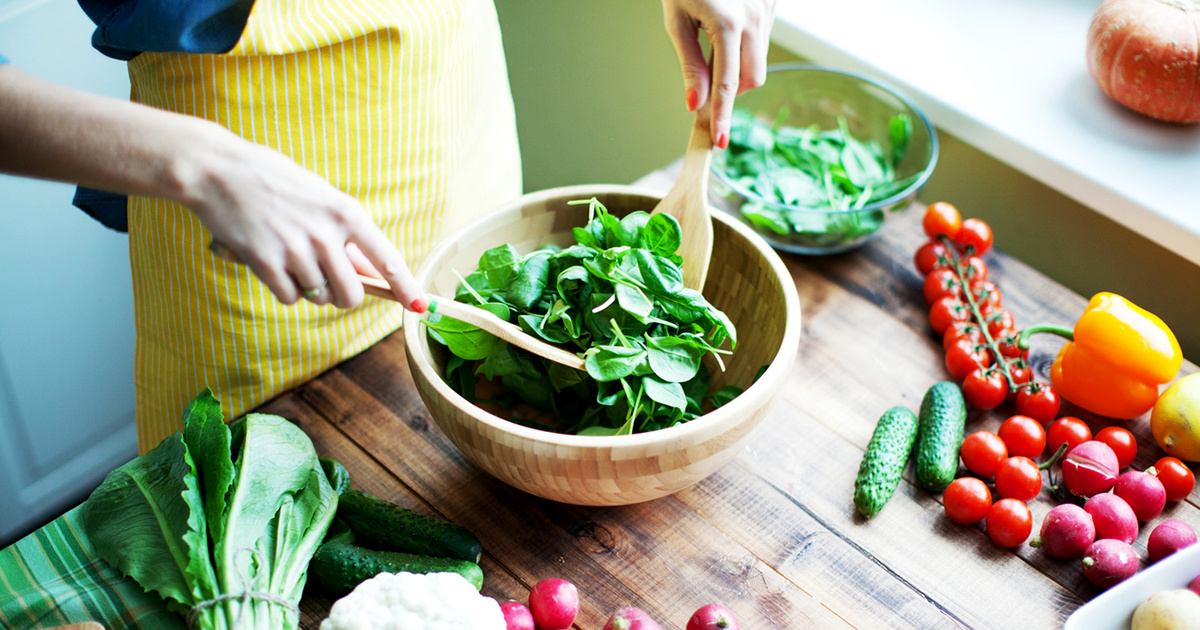MOST RECENT
POPULAR

The best of EcoWatch, right in your inbox. Sign up for our email newsletter!

iStock
By Rachael Link, MS, RD
A balanced vegetarian or vegan diet can provide many health benefits.
These diets have been associated with weight loss, better blood sugar control, a decreased risk of heart disease and a lower risk of certain types of cancer (1, 2, 3, 4).
However, it can be challenging to maintain a well-rounded vegetarian diet that provides all the nutrients you need.
This article uncovers some of the most common mistakes people make on a vegan or vegetarian diet, and how to avoid them.
EcoWatch Daily Newsletter
Related Articles from EcoWatch
Recent Stories from EcoWatch

 233k
233k  41k
41k  Subscribe
Subscribe 